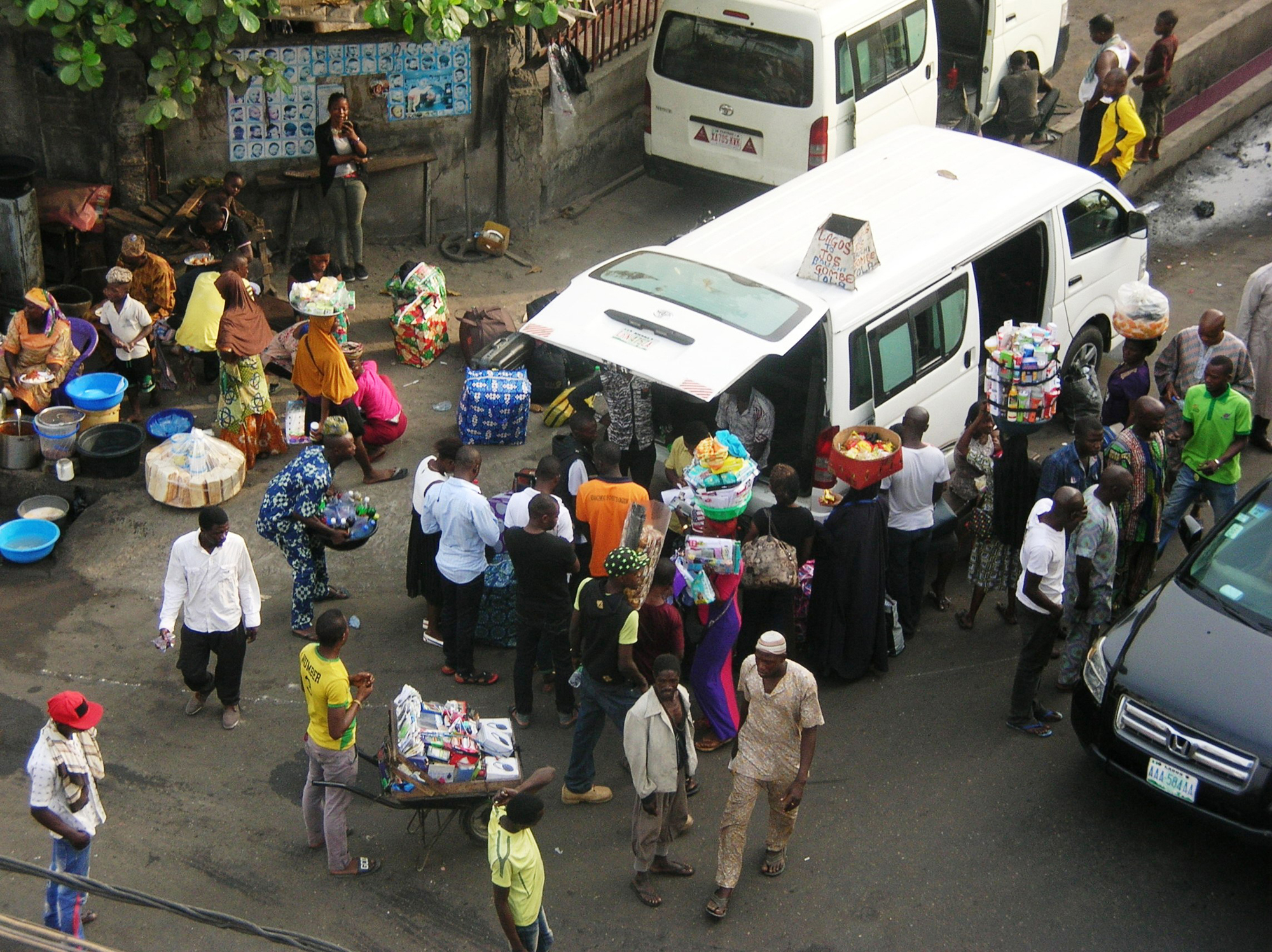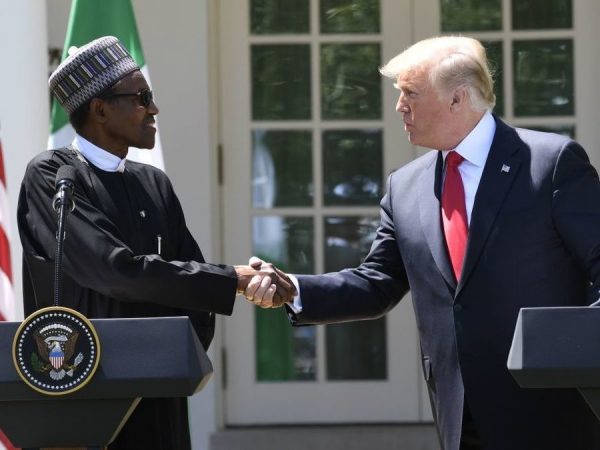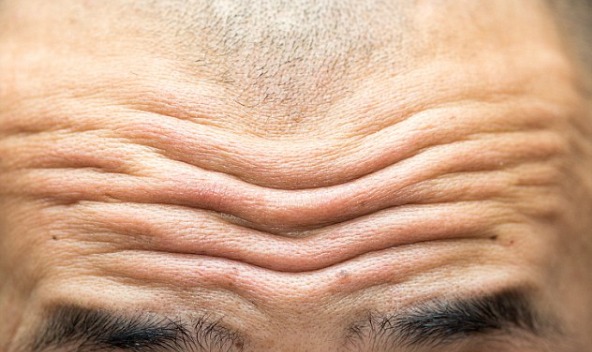The rate at which Nigeria’s gross domestic product grew in the second quarter of 2018 slowed to 1.50% from 1.95% recorded in the first quarter of the year.
According to the Gross Domestic Product report released on Monday by the National Bureau of Statistics (NBS), oil GDP contracted by -3.95% in the second quarter.
“Q2 2018 real GDP growth at 1.50% year on year compared to 1.95% in Q1 2018 and 0.72% in Q1 2017,” Yemi Kale, the statistician-general shared on his Twitter page.
“Oil GDP contracts by -3.95% (14.77% in Q1 2018, 3.53% in Q2 2017). Non-oil GDP grows 2.05% (0.76% in Q1 2018, 0.45% in Q2 2017). Half year 2018 GDP is 1.73%.”
Advertisement
Oil output fell to 1.85 million barrels a day from the 2 million barrels in the first quarter.
According to the report, agriculture GDP grew by 1.19% in the period under review as against 3.0% in the first quarter of 2018.
However, crop production under Agriculture grew by 1.49% in Q2 — the slowest growth experienced since 1987 when it contracted by -4.0%.
Advertisement
“Broadly speaking, growth in Q2 2018 was driven by developments in the non-oil sector as Services sector recorded its strongest positive growth since 2016,” the report read.
“However, the relatively slower growth when compared to Q1 2018 and Q2 2017 could be attributed to developments in both the oil and non-oil sectors.”
The International Monetary Fund (IMF) projects that the Nigerian economy will grow by 2.1% in 2018.
Speaking on the figures on Arise TV, Kale had said: “Surprisingly, but I expected the numbers should be much better it is looking very similar to the first quarter. I think the economy is still struggling out of recession and that is what the numbers are showing.
Advertisement
“For example, we have seen challenges in agriculture because of the clashes that are happening in different parts of the country. Obviously, if people cannot go to the farms, it is going to be a problem.
“Agriculture is not just crops; when you destroyed a farmland or even cattle rearing is also part of agriculture, so the back and forth are affecting both crop production and livestock and agriculture is the biggest part of our GDP and that is slowing down the economy.”
Add a comment







